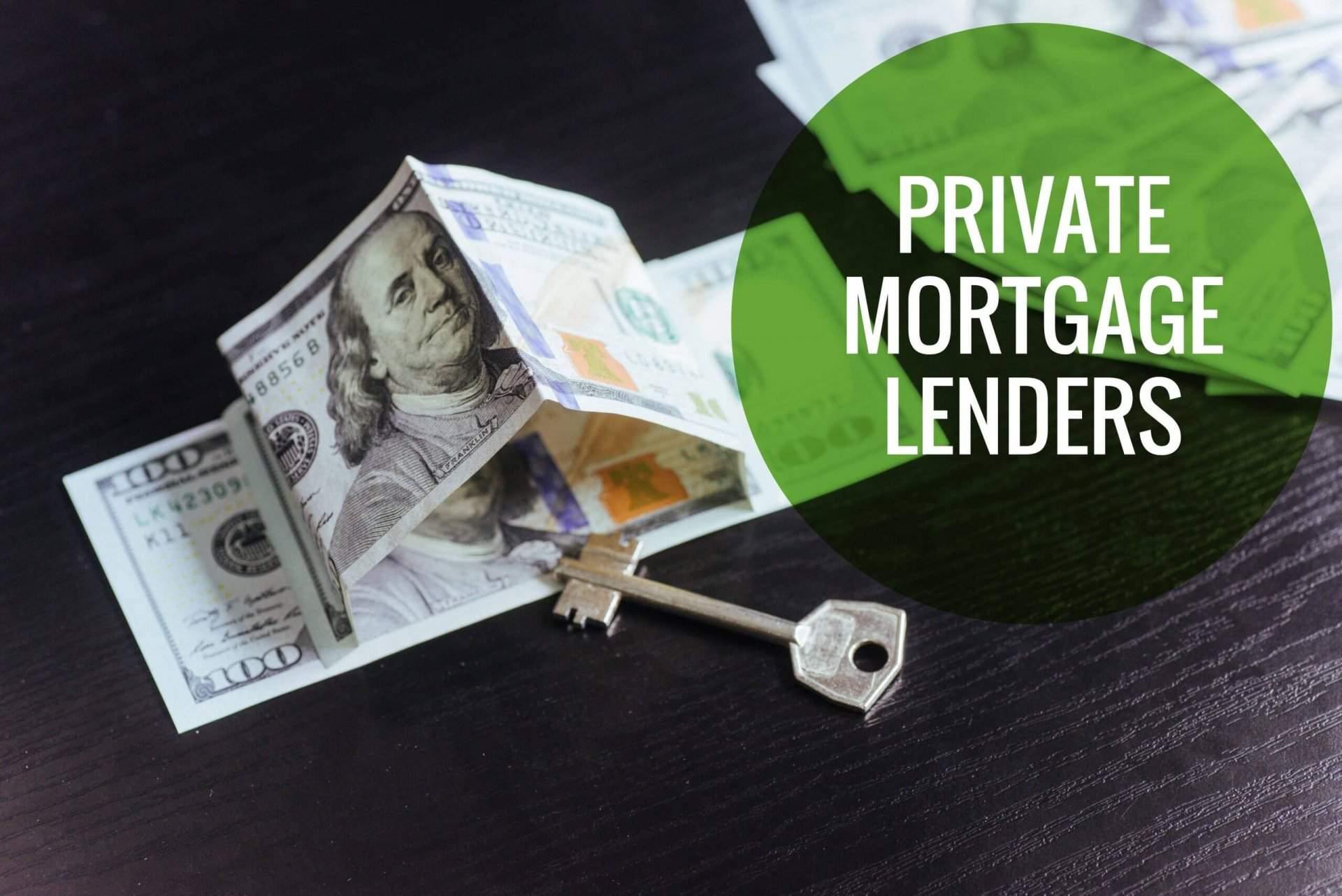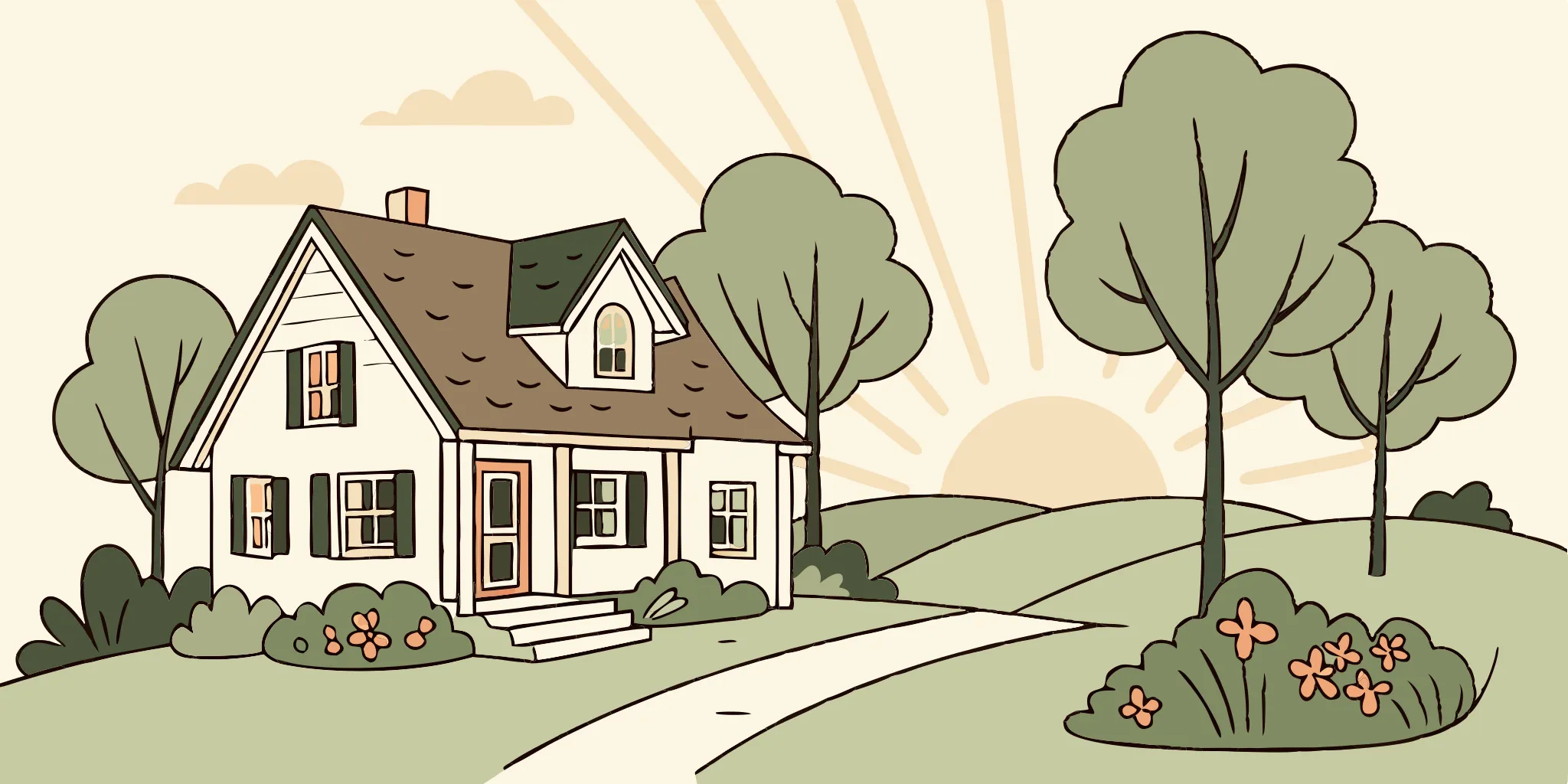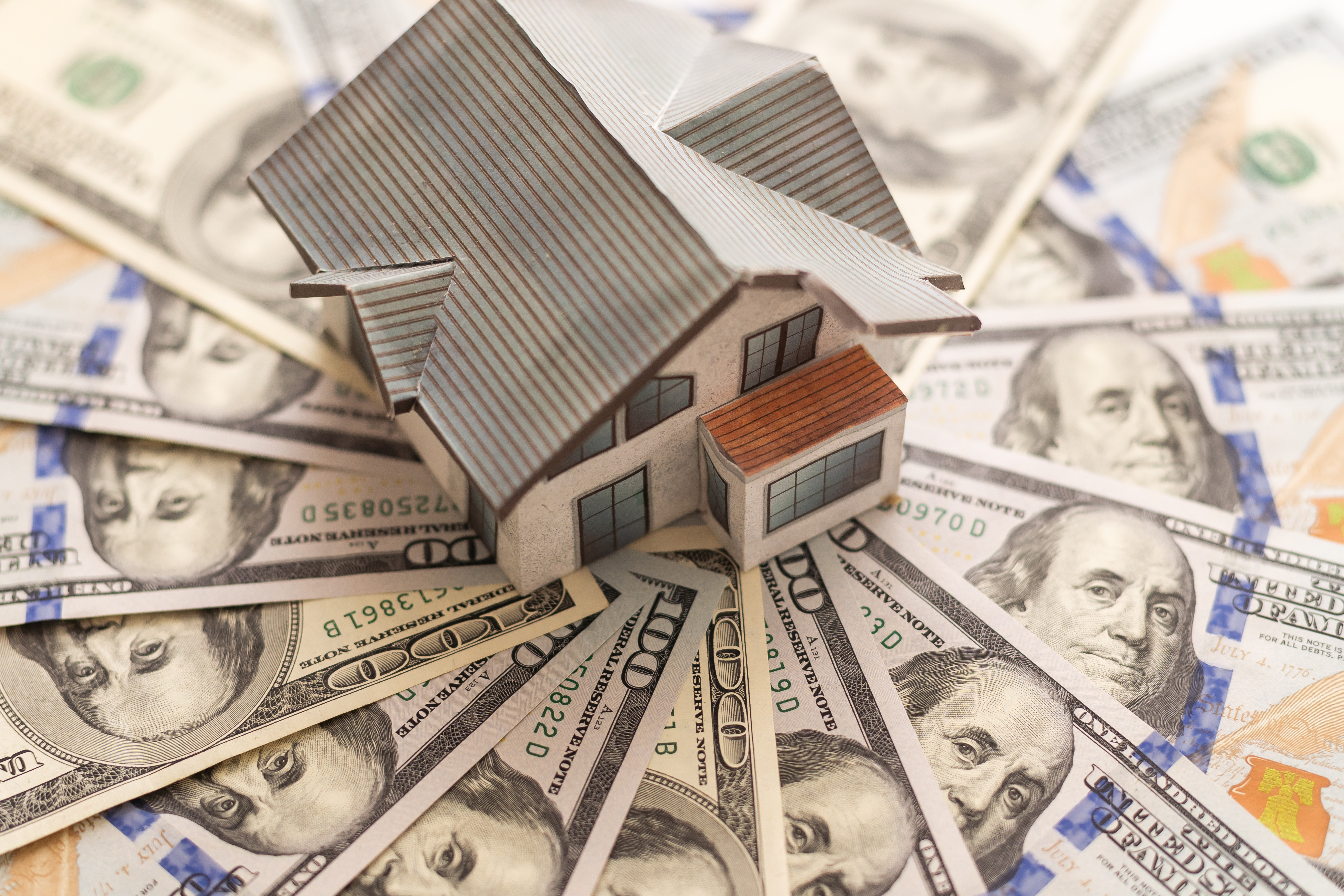How It Functions: A Comprehensive Guide to Mortgage Lending for First-Time Purchasers
Navigating the globe of mortgage lending can be daunting for first-time purchasers. Comprehending the fundamental parts like principal, passion, and down payments is vital. In addition, recognizing the various sorts of mortgage and the application process can substantially influence one's experience. By discovering crucial variables that affect rate of interest, customers might reveal important insights. What else should they take into consideration before making such a considerable financial dedication?
Comprehending Mortgage Fundamentals
When novice customers enter the domain name of homeownership, comprehending mortgage essentials ends up being essential for making informed choices. A home mortgage is fundamentally a lending protected by the property being purchased, permitting people to buy a home without paying the full cost upfront. Purchasers have to recognize essential components, consisting of principal, rate of interest, tax obligations, and insurance, frequently summarized as PITI. The principal is the quantity borrowed, while rate of interest is the cost of loaning that quantity, revealed as a percent. Tax obligations and insurance are extra prices that can considerably affect monthly repayments. Buyers must also think about the funding term, normally 15 or thirty years, which impacts payment quantities and general interest paid. Recognizing credit rating ratings is crucial, as they affect car loan eligibility and rates of interest. Realizing these basic concepts encourages newbie buyers to browse the mortgage landscape confidently and choose that line up with their economic goals.
Kinds Of Mortgage Loan
When thinking about mortgage alternatives, new customers frequently run into two main types: fixed-rate and adjustable-rate home loans. Fixed-rate mortgages offer security with consistent repayments over the loan's term, while variable-rate mortgages can provide lower first prices that may vary with time. Understanding these distinctions is essential for making a notified choice.
Fixed-Rate Mortgages
Fixed-rate home loans give stability and predictability for novice buyers maneuvering the complexities of home financing. With a fixed-rate mortgage, the rate of interest remains consistent throughout the car loan term, normally varying from 15 to 30 years. This consistent price permits customers to plan their budgets efficiently, recognizing that their month-to-month settlements will certainly not rise and fall. First-time buyers gain from this structure as it eliminates uncertainty in long-term financial dedications. Furthermore, fixed-rate home mortgages usually feature reduced first prices compared to adjustable-rate choices, making them an appealing option for those seeking to establish home equity gradually. Generally, fixed-rate home loans supply a straightforward path to homeownership, perfect for people looking for long-lasting economic safety.
Adjustable-Rate Mortgages
For novice property buyers seeking versatility, variable-rate mortgages (ARMs) can supply an enticing choice to fixed-rate loans. ARMs typically offer reduced preliminary rate of interest rates, making regular monthly repayments much more affordable in the very early years. These prices change after an initial fixed duration, which can lead to boosted payments over time. Consumers ought to understand the index and margin that figure out future rate adjustments. Commonly, ARMs have modification periods of one, 3, or five years, with regular caps to limit exactly how much rates can increase at each change. While ARMs can be beneficial for those intending to sell or re-finance before the rate readjusts, they additionally bring threats if market conditions transform considerably. Thorough research study is essential for notified decision-making.
The Mortgage Application Process

Key Elements Affecting Rates Of Interest

Deposits and Closing Costs
Comprehending deposits and shutting expenses is crucial for first-time homebuyers, as these costs significantly impact the general price of a mortgage. A down payment is the first amount paid in the direction of the home's acquisition rate, typically expressed as a portion. It can range from as reduced as 3% to 20% or even more, relying on the funding kind and loan provider demands. A bigger down settlement can lower month-to-month mortgage settlements and remove exclusive mortgage insurance (PMI), which safeguards lenders in case of default.Closing costs, on the other hand, incorporate numerous check it out charges incurred during the home-buying procedure. These might consist of funding origination fees, assessment costs, title insurance, and attorney costs, usually totaling 2% to 5% of the home's acquisition cost. First-time buyers should allocate both down settlements and shutting expenses to ensure they can secure their mortgage and efficiently browse the home-buying process.
Tips for First-Time Homebuyers
What important tips can new property buyers follow to navigate the typically challenging procedure of buying a home? Establishing a practical budget plan is vital. Customers ought to analyze their monetary situation, consisting of income, expenses, and potential mortgage repayments. Next, acquiring pre-approval for a mortgage can give clearness on what one can manage and enhance their placement when making an offer.Researching areas is just as essential; customers ought to take into consideration aspects such as facilities, colleges, and future growths. In addition, it is advisable to deal with a certified genuine estate representative who can provide beneficial insights and advice throughout the purchasing process.Home evaluations must not be forgotten, as they can uncover concealed concerns that may impact long-term satisfaction. Buyers should stay individual and adaptable, understanding that finding the best home might take time. By following these ideas, new buyers can approach the market with confidence and understanding.
Often Asked Inquiries
What Papers Are Needed for Mortgage Pre-Approval?
For mortgage pre-approval, people typically need to supply revenue confirmation, work background, credit score records, income tax return, financial institution declarations, and information of any kind of financial debts (Private Mortgage Lenders Savannah GA). These records aid lending institutions examine economic ability and figure out loan eligibility
Can I Obtain a Home Loan With Bad Debt?

Numerous lenders think about candidates with poor credit report, though terms may differ. Greater rate of interest or bigger deposits could be called for. Checking out options with specialized lending institutions or government programs can also enhance possibilities for approval.
How Lengthy Does the Mortgage Approval Process Take?
The mortgage authorization procedure normally takes between 30 to 45 days. Variables influencing this timeline include the lender's effectiveness, the borrower's economic documentation, and the intricacy of the funding application. Hold-ups may occur because of added requirements.
What Occurs if I Miss a Mortgage Repayment?
If a home mortgage repayment is missed out on, late costs may be sustained, and credit history can experience. Long term non-payment may cause repossession proceedings, motivating the loan provider to redeem the residential property after a collection of warnings.
Can I Refinance My Mortgage Later On?
Re-financing a mortgage later go to the website on is frequently feasible, allowing property owners to readjust their funding terms, interest prices, or monthly repayments. Nonetheless, eligibility relies on credit history, existing market problems, and the existing mortgage's terms. Private Mortgage Lenders Savannah GA.